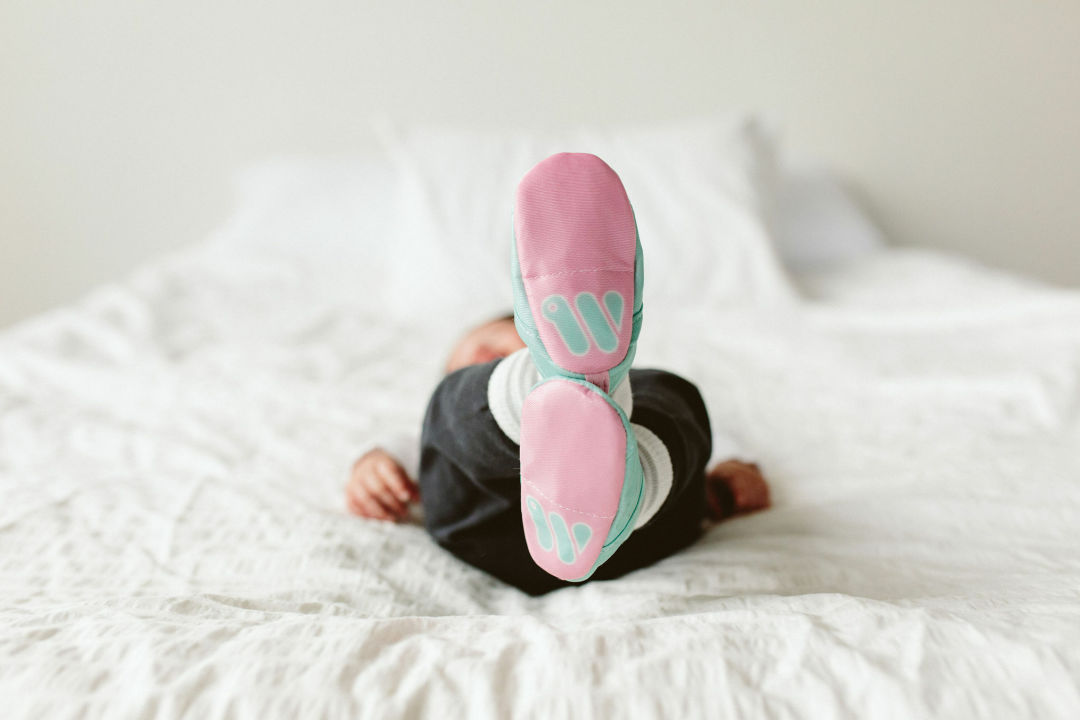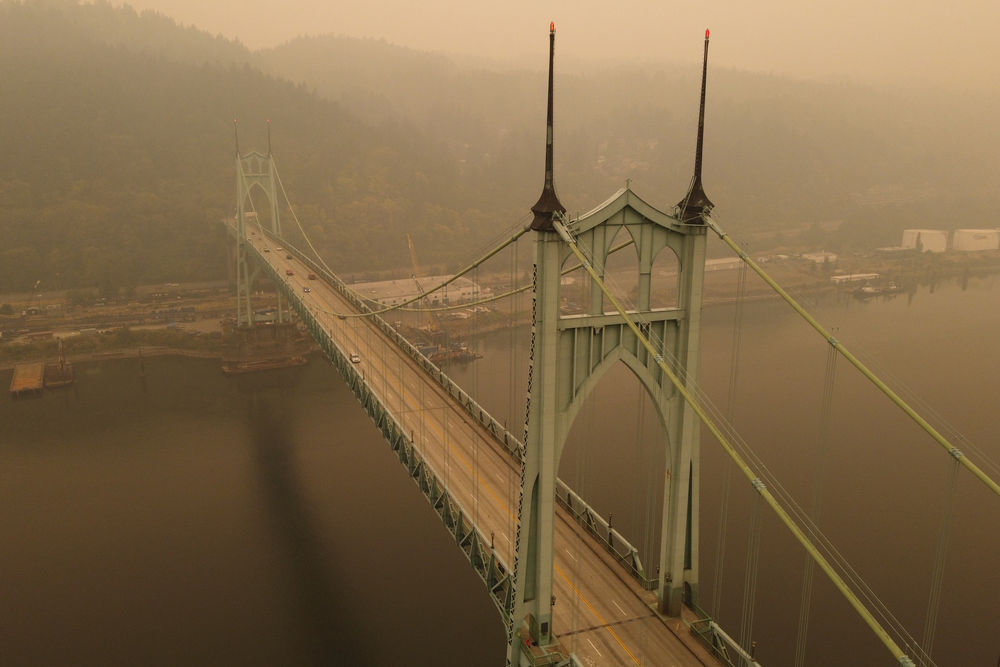Are Baby Shoes You Can Boil the Answer to Our Landfill Questions?

The Woolybubs 'Newbie' shoe will dissolve in boiling water.
Image: Woolybubs
There wasn’t really a light bulb moment for Megan and Jesse Milliken. It was a series of events, like having to throw away nine trash bags full of their kids’ outgrown clothes, shoes, and toys in 2020, when the pandemic made it hard to drop them off as donations. Then there was their smoked-filled drive from Central Oregon during the wildfires later that summer. With an urge to lessen their footprint, the Portland couple tapped into their skill sets and started with their footwear footprint—Jesse worked in product development at Nike for more than a decade, and Megan was an environmental consultant. The result? Woolybubs, eco-friendly baby shoes you can dissolve in boiling water. (More on that later.)
“Sometimes we get the question of ‘Why baby shoes? That’s not going to save the planet,’” says Jesse. “Our way of answering that is the journey of 1,000 miles begins with the first step.” Of course, they hope their baby shoes will be hand-me-downs first, but once they’re worn out the shoes don’t have to be thrown out.
As you can imagine, creating a baby shoe you can boil brings on a slew of questions. “We get ‘What if it rains?’ or ‘What if it’s hot and my baby’s outside in a puddle?’” Megan says. “If there’s a monsoon and your baby’s outside, it’s gonna be fine. They have to be in boiling water.” (In case it’s not abundantly clear: boiling the shoe should only be done when the baby is not wearing the shoe.) The Woolybubs baby shoes are made of PVOH, a dissolvable material (similar to dishwasher or laundry pods), and the odorless boiling process takes about 30 to 40 minutes. Once complete, you can pour the water down the drain.
The boil factor only works for the Woolybubs’ Newbie model, for babies 0–12 months. While you can’t boil Woolybub’s Toddle shoes, an early-walker made from plastic soda bottles for kids up to 18 months, you can send them back to the company to recycle. Even the box the shoes come is scaled to use less cardboard. And while the Millikens are currently sourcing the shoes from overseas, the plan is to bring all operations to Portland as they grow. “What we frankly hope is that the industry catches up in terms of material sourcing, and these become the norm, not the exception.”
Boiling Crocs, perhaps?




